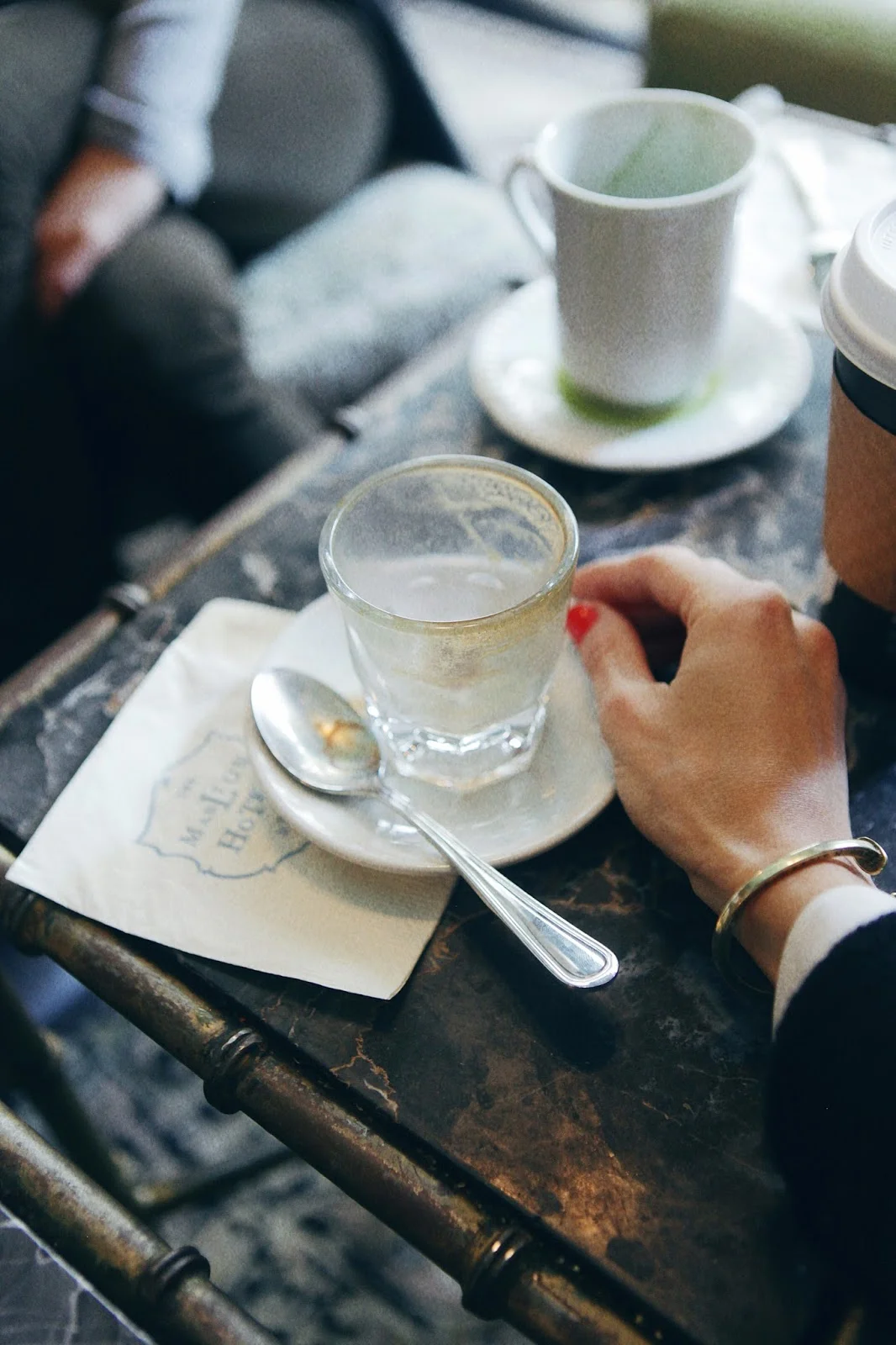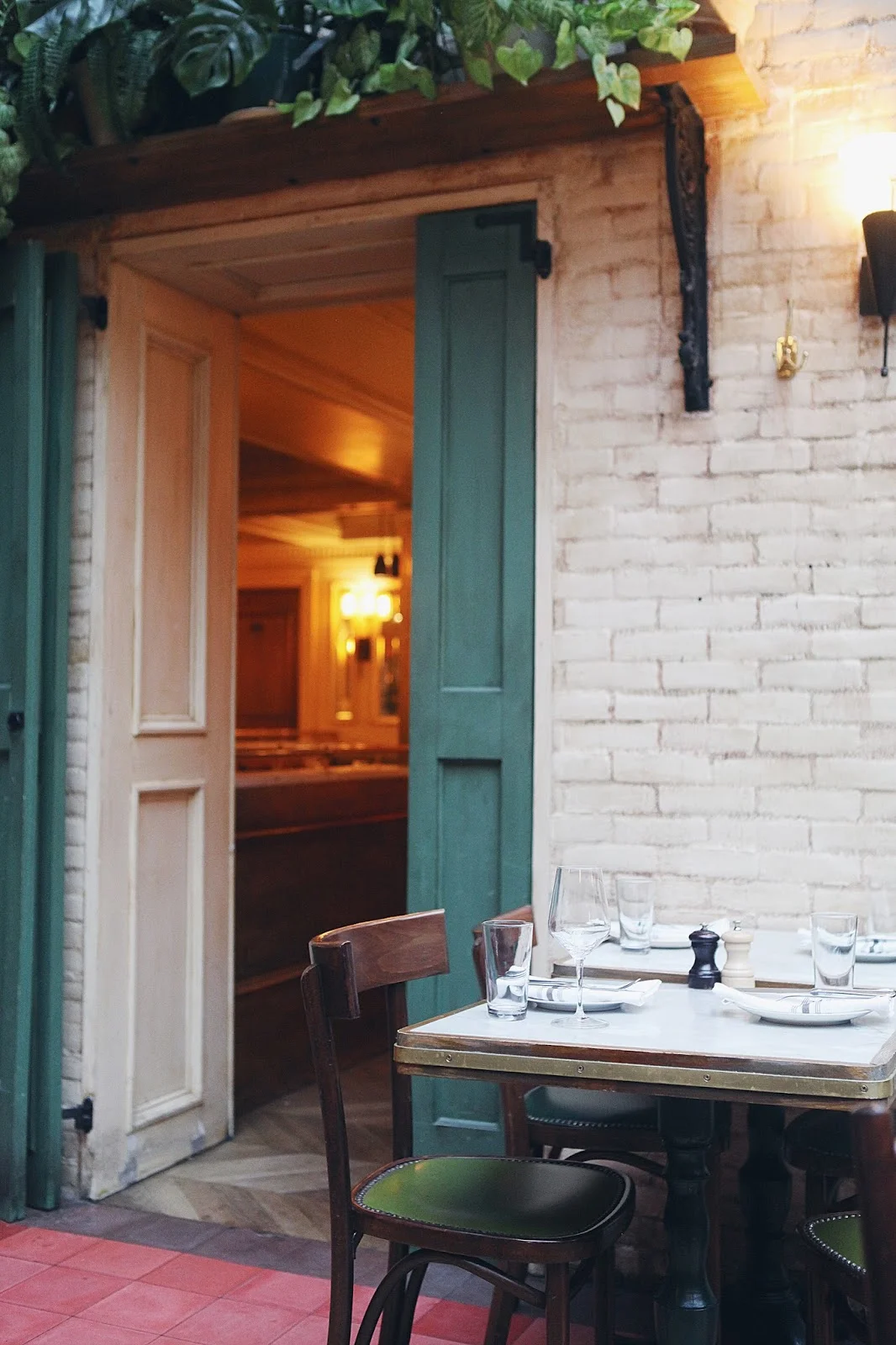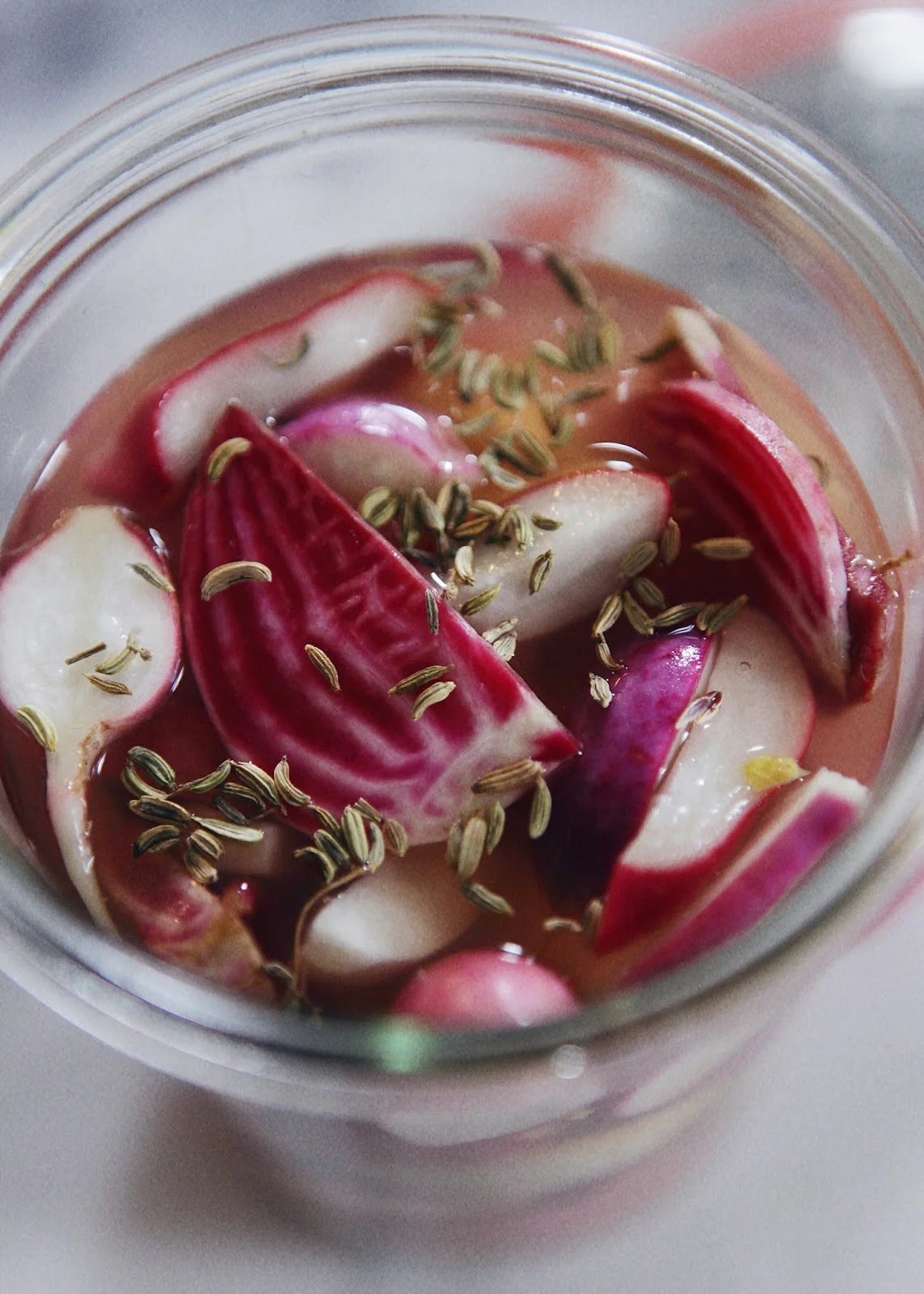Body Neutrality
“To lose one's confidence in one's body is to lose confidence in oneself” — simone de beauvoir

When I was ten-years-old, I developed anorexia. Retrospectively, it seems that a child that age would not have such an awareness of the body. Yet, the trauma of moving from Istanbul to Washington, D.C. on a night's notice had shaken more than the awareness of the unknown into my mind. Dislocated from my home, I housed myself in my body. It wasn't vacant per se, going through the inhospitable under construction stage of puberty. As my whereabouts were changing, so was my body—from the big city to big boobs!
But big boobs never came as I stunted my growth through starvation. Two years of force feeding and it was forced out as a pun-of-a skeleton in the closet. It was no surprise that it came knocking again my sophomore year of college, when I was placed with a roommate who was facing her own demons of body dysmorphia. I found myself feeling like Caesar in front of the Rubicon, facing a battle that I thought I had already won years ago. Despite the psychological space I was in, I recognised that this was a battle against neither my roommate nor the larger society — it was one against myself.
My sense of self and relation to my body shifted. Rather than having my body grounded upon my experiences, I perceived it through the blurred lens of my roommate's own bodily engagements. And this is the reality many live in the age of social media & the "wellness" world. We live in these microcosms, a construction site for our own bodies. These separate bodies are constantly measured up against one another in a larger architecture of bodily ideals.
“The body, however, is multiple; it is not parts, tissues, mind over the body, hunger over stomach pangs, or organs to be enacted”
The body, however, is multiple; it is not parts, tissues, mind over the body, hunger over stomach pangs, or organs to be enacted. Precisely unlike the measured calculations of our bodies and the flesh of a comparison of our hearts, it's a scattered plot. Like the electrical activity of our beating hearts, our bodies fluctuate and so do our reactions to it. To place an expectation of positivity on our body seems only to be a repackaged version of perfectionism.
And that's not only why, for some of us, body positivity is not the answer. When thinking of the movement, many often conjure it up regarding size. Or rather, plus-sized women. Yet, this clearly marginalised group is only part of the picture and often the one to which this movement predominantly speaks. There are other groups, such as those that are disabled, in which some of whom body positivity seems out-of-reach. Or those facing chronic pain or invisible illnesses, such as fibromyalgia. Whether it is a mental disability, such as an eating disorder, or a physical one, to love a body that is in flux or as if it's functioning against you is a difficult message.
In my case and those who advocate for body neutrality, to hear a message like "my body loves me and it doesn't fail me" rings untrue. I lost my period for years, faced infertility, and early onset bone disease because of anorexia. Many people lose a fight against their body due to this disorder—it has the number one mortality rate of any mental illness. To hear that my body doesn't fail me shifts the conversation to one in which I have somehow failed it. It blames the individual for not having done their body service when disability, disease, and disorder are not choices.
Neither is the case for genderqueer individuals, as advocate point out, who are also often left out of the body positivity movement. Many also face body dysmorphia, where one day an aspect such as "feminine" curves can feel as a positive point of identification with the body and others as a point of disassociation.
“Rather than putting a stop to the bleed, we can end up band-aiding a still-running wound”
Sometimes, body positivity can also mean that we should love our bodies rather than face what is causing us to feel the way we do, not just about our bodies but the root cause of the issue of body negativity. So, rather than putting a stop to the bleed, we can end up band-aiding a still-running wound. As I often say to put humour into it, we end up "should"-ing all over ourselves.
Body positivity might be the answer for you but for others, the clean-up comes through body neutrality for some, as it did for me on my path to recovery. That's why I'm here on this site and why I wrote my book. I approached my body the same way as I do my incalculable, unpredictable life: by remaining neutral. When we're having a bad day, we don't go on pretending that it's a good one. We face our days as they come, neutrally. So why don't we approach our bodies the same way? Not swinging the pendulum towards the extreme of hate or frustratingly thrusting ourselves towards love, but just hanging still as we attempt to "hang together" a coherent sense of our selves. Seeing this neutral spot as a ring in the ladder to perhaps one day climbing upwards towards body positivity or love. As we shift our perspective on our own body, may we be loving towards the bodies that surround us: towards the ones in hate, as we can understand their story; towards the ones in neutrality, for their courage; and those in love, for the hope that one day we will be, too. Until then, here's to being with our bodies as they were, as they are now, as they will or can be. One day at a time . . .


